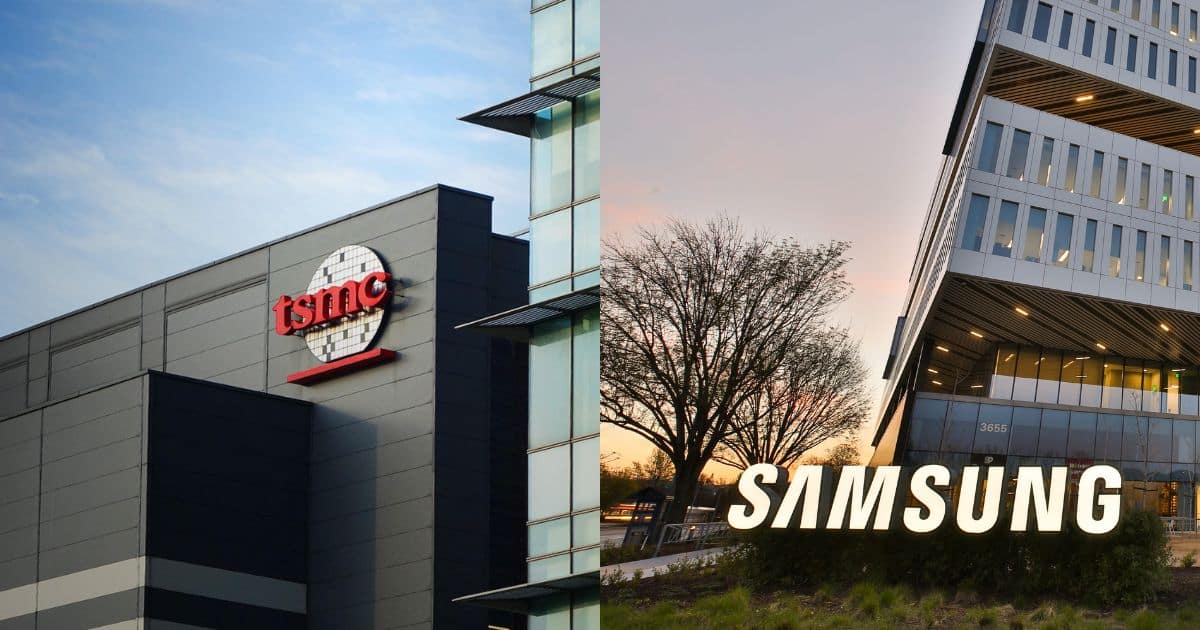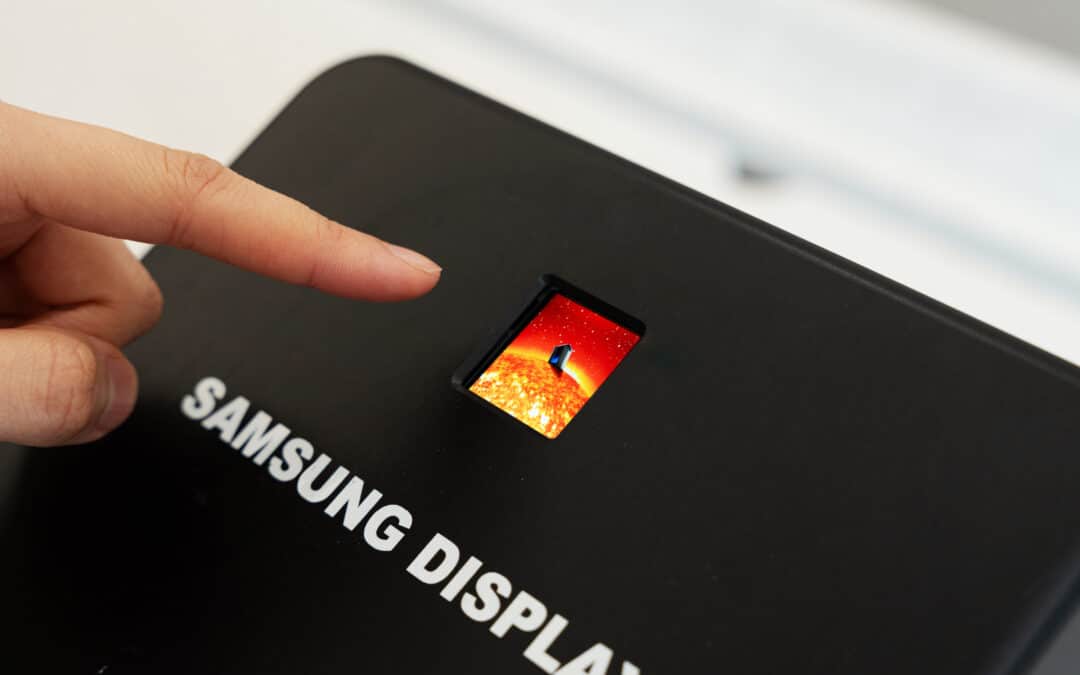When it comes to the global semiconductor foundry market, two major tech giants, TSMC and Samsung, compete with each other. While Samsung is the world’s second-largest foundry, the gap in market share with the industry leader TSMC has widened. In addition to the market share, now Korean outlet Chosun reports that the sales gap between the two companies is also rising, with a revenue difference of over 10 trillion Korean won in Q1 2025.
Samsung has been struggling to get back on track, but it has been facing multiple setbacks in securing deals with major clients for its cutting-edge process. This has directly affected both market share as well as revenue.
Samsung aims to catch TSMC, but the foundry gap continues to widen further
The publication says that Samsung’s DS Division, responsible for the company’s semiconductor business, reported sales of 25.1 trillion Korean won in the first quarter of this year. While this is a 9% increase from the same time last year, it is a 17% drop from the previous quarter. The company failed to sell a large number of high-bandwidth memory (HBM) due to export controls on AI chips.

Regarding its foundry business, Samsung explained that “the performance was weak due to seasonal demand weakness in major applications such as mobile, customer inventory adjustments, and stagnant utilization rates,” according to the publication.
Meanwhile, TSMC recorded first-quarter sales of 839.35 billion New Taiwan dollars (about 37 trillion Korean won), up 42% from the same period last year. So, we can see that the revenue gap between TSMC and Samsung is more than 10 trillion Korean won in Q1 2025.
Samsung’s slowdown within the semiconductor business started from the third quarter of 2022, which allowed TSMC to surpass Samsung’s sales. However, in Q2 2024, the Korean firm bounced back in the market as the sales of the two companies remained similar, at around 28 trillion Korean won. But again, from Q3 2024 onwards, the gap began to widen, reaching about 3 trillion Korean won. And finally, in Q3 2024, the gap widened to 8 trillion Korean won.
Samsung is now working very hard with its next-generation 2nm process — it has achieved nearly 50% yield. This is good news, though it may not be enough to immediately close the gap with TSMC. The firm has to secure major clients for its advanced process to stay competitive.






